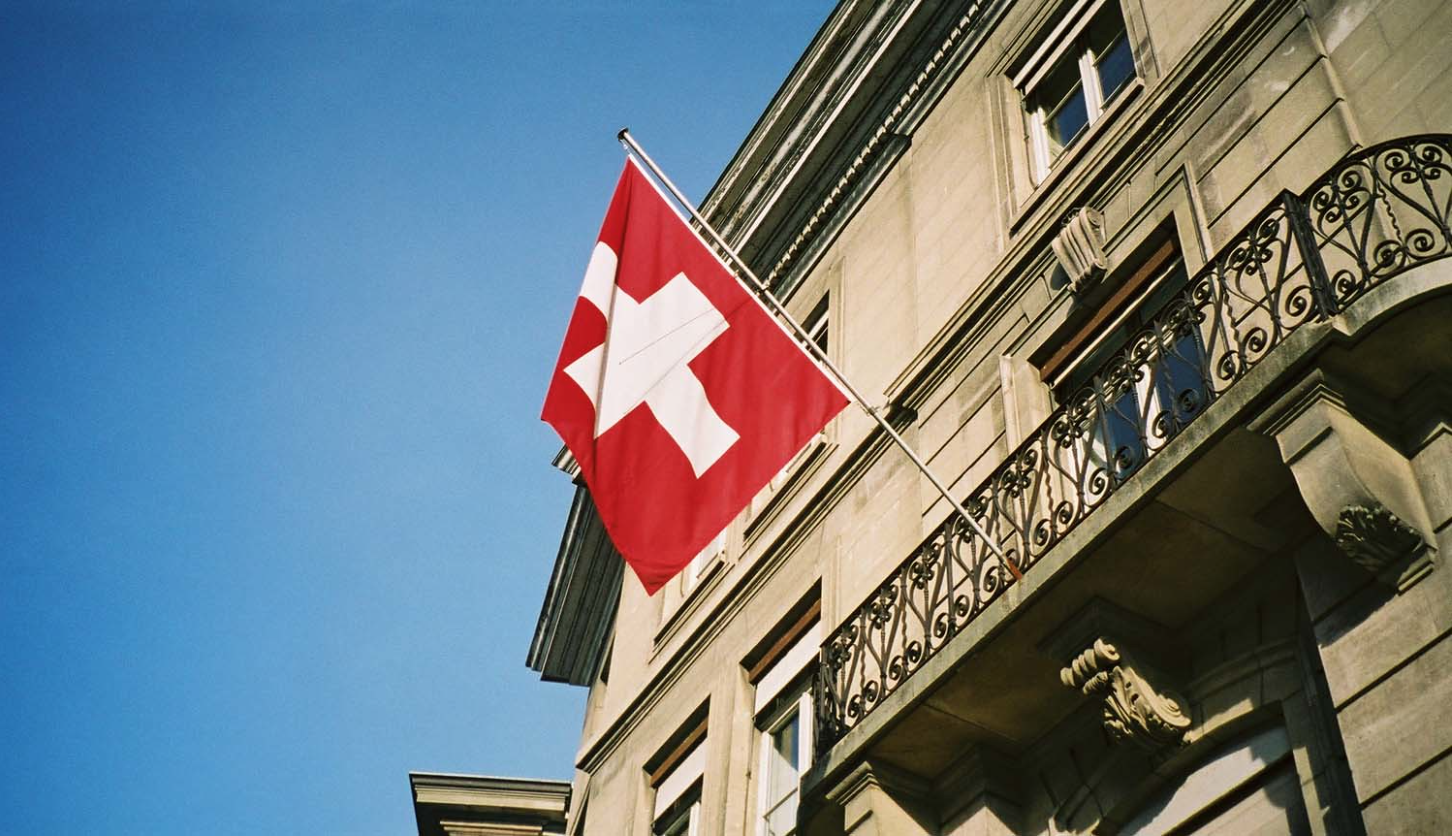Paola Mariani (Bocconi University)
Last 23 September 2020 Swiss citizens were called to vote on the referendum proposed by the right-wing populist Swiss People’s Party (SVP) aims to end the free movement of persons with the EU. The referendum proposal was rejected by a large majority (61.71%).
The direct consequences in case the initiative had been successfully supported by the majority of the population would have been a twelve months negotiation with the EU to agree on the terms of termination of the Agreement on the Free Movement of Persons (AFMP) with a mandate to the Federal Council, in case of failing negotiations, to unilaterally terminate the AFMP within a further 30 days.
The relationship between the EU and Switzerland is unique. After the rejection of the EEA membership in 1992, Switzerland and the EU opted for the formula of packages of sectoral agreements. The first package, commonly known as “Bilaterals I”, was signed in 1999 and includes seven bilateral agreements on free movement of persons, technical trade barriers, public procurement, agriculture as well as air and land transport. Being in a package means that autonomous agreements can only stand altogether. In fact, they could enter into force only when all the seven agreements were ratified and the termination of one of them determines that the six other agreements would automatically cease to apply (the so-called guillotine clause). Currently, more than one hundred bilateral agreements are in force between EU and Switzerland determining the partial integration of the third country in the internal market.
A vote to end the free movement of citizens between the EU and Switzerland would probably have meant the falling apart of this complex architecture and the interruption of the negotiations on the new framework agreement. The framework agreement is considered essential by the EU to comply with the fragmentation of the current treaty network of bilateral agreements. The introduction of explicit obligations for Switzerland to regularly adapt market access agreements to relevant developments in EU law and the establishment of an institutional framework overall, including a mechanism for dispute settlement, are the conditions for the renewal and the conclusion of new market access agreements.
The rejection of the referendum is good news for the EU for more than one reason. Firstly, a second minor Brexit in the core of Europe has been avoided. Switzerland is not a member, but the intensity of the relationship with the Union (Switzerland is the third-largest export partner of the EU) and its integration in the internal market would have presented many of the problem facing with the UK in negotiating a new trade relation excluding the free circulation of persons. Second, treaty negotiations have been preferred to a unilateral termination. Despite the majority of the Swiss are concerned over immigration and sovereignty, they chose for the stability of good relations with the European Union. Finally, this can be seen as a sign of a decline of the right-wing populist parties and their anti-immigrants and anti-EU propaganda. The difficult Brexit negotiations and the Covid emergency may have played a role in the result of the referendum and the hope is that cooperation and dialogue between States regain popular support throughout Europe.
Paola Mariani is an associate professor of EU and international law at the School of Law, Bocconi University
Image credit: “Swiss flag” by malias is licensed under CC BY 2.0



